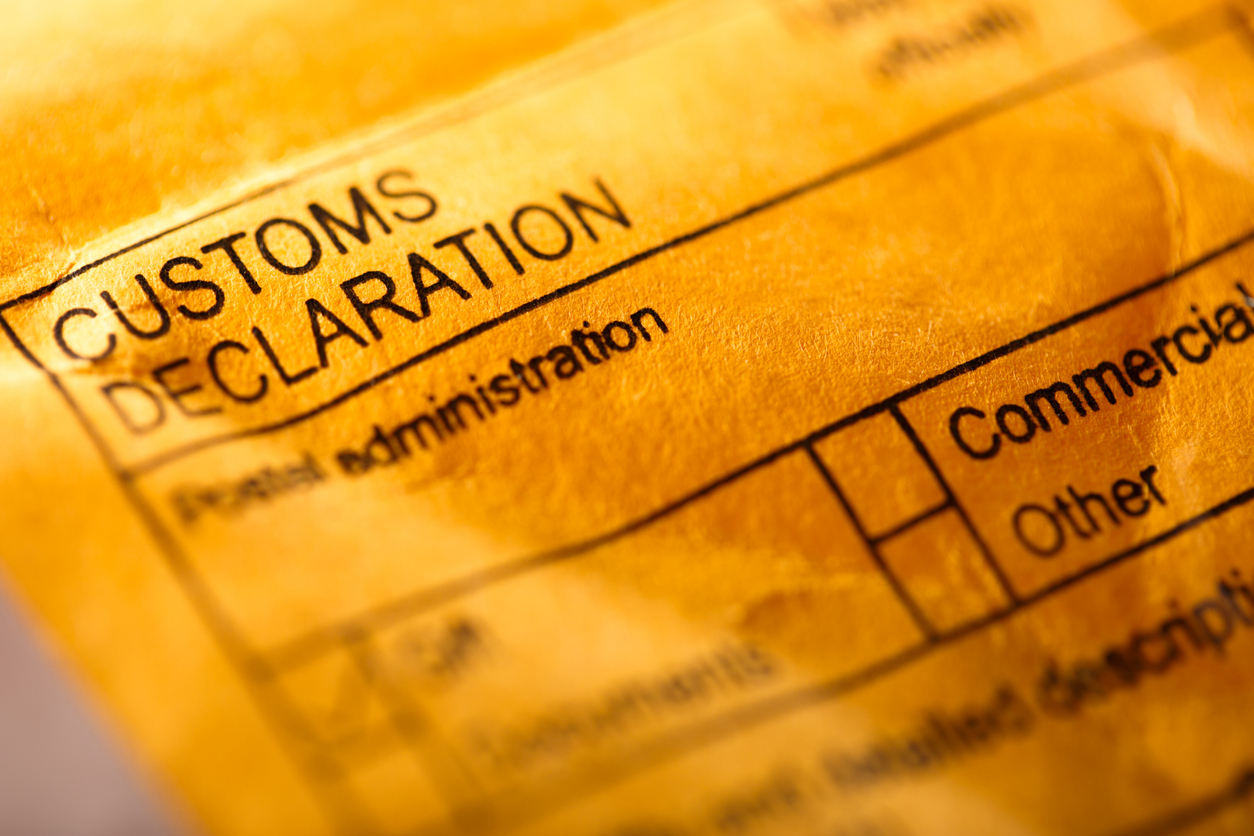Apparel firm allegedly undervalued and misclassified its imports to dodge customs duties
Miami apparel firm Alexis LLC has paid $7.6 million to resolve a whistleblower lawsuit alleging it fraudulently undervalued and misclassified imports from China to avoid paying the full amounts it owed in customs duties.
The whistleblower is entitled to a 15%-25% reward under the qui tam provisions of the False Claims Act.
Undervaluing Imports
Alexis undervalued its imports primarily through a fraudulent double-invoicing scheme, according to court papers.
The company had its Chinese suppliers provide it with two commercial invoices with respect to each shipment—the first reflecting the actual prices being charged and the second containing fraudulently reduced, fake prices, a complaint filed by the Justice Department alleged.
Alexis would pay the suppliers based on the first, truthful invoices, while allegedly transmitting the second, false and undervalued ones to its unwitting customs brokers for filing with U.S. Customs and Border Protection, reducing the amounts it owed in import duties.
Alexis also undervalued its imports by improperly omitting “assists” from the values it declared to CBP, the Justice Department alleged.
“Assists” are parts, materials or other items provided by an importer to a foreign supplier to reduce its production costs. They must be included in the import values reported to CBP on customs entry.
Alexis’s customs filings omitted “assists” of fabric and trim (i.e., garment accessories like buttons or zippers) it gave its Chinese suppliers, according to the Justice Department.
Misclassifying Imports
Alexis also misclassified its imports, resulting in even more evaded duties, the Justice Department alleged.
Import duties are calculated based on the Harmonized Tariff Schedule (HTS or HTSUS), which sets out tariff rates and statistical categories for all importable merchandise.
Importers must write down the applicable HTS codes on their CBP Form 7501 customs entry summaries.
To evade import duties Alexis knowingly misdeclared incorrect, lower-rate HTS codes on its entry summaries, according to the Justice Department.
Undervaluing goods and misclassifying imports are among the most common methods used by importers to cheat on their import duties and tariffs.
The Alexis Whistleblower and Their Evidence
False Claims Act whistleblowers must present their evidence to the Justice Department.
The Alexis whistleblower gave the Justice Department copies of purchase orders, pairs of true and false commercial invoices, work-in-progress (WIP) reports and other internal records evidencing the fraud, court filings show.
The Justice Department cited those materials as highly probative of the alleged wrongdoing.
Notably, the Alexis whistleblower was not an individual, as is typically the case, but was instead a company the owner of which was a former Alexis employee who obtained the evidence in question while working there.
Bringing a False Claims Act lawsuit in the name of a corporation formed for the benefit of an individual can help conceal their role in exposing fraud against the government and prevent them from being retaliated against.
Customs Fraud and the False Claims Act
The False Claims Act is a U.S. statute which holds parties liable for defrauding the U.S. government. Its qui tam provisions authorize parties with evidence of fraud to become whistleblowers by filing lawsuits on the government’s behalf.
Whistleblowers are entitled to 15%-30% of any amounts recovered as a reward.
Whistleblower lawsuits are especially important in exposing customs fraud, which is believed to be rampant but largely undetected.
Customs fraud results in billions in lost government revenue, robbing the U.S. taxpayer. It also harms customs-compliant importers and disadvantages competing U.S. manufacturers and their employees.
Individuals with evidence of customs fraud are encouraged to stand up for justice by becoming a False Claims Act whistleblower.
What Should I Do if I Have Evidence of Customs Fraud?
Policing customs fraud is a top priority of the Justice Department.
If you know of an importer cheating on its customs duties, it is important to learn your rights under the qui tam provisions of the False Claims Act by conferring with an experienced whistleblower attorney.
Customs fraud whistleblower attorney Mark A. Strauss has experience handling all types of customs fraud cases, including those involving the undervaluation and misclassification of imports, transshipment through third countries to misdeclare the country of origin, and schemes involving shell companies and double invoicing.
With 30 years of complex civil litigation experience, Mark A. Strauss has helped recover hundreds of millions of dollars for fraud victims and has a track record of successful whistleblower cases.
All communications with customs fraud whistleblower attorney Mark A. Strauss are protected by the attorney-client privilege.
You should note that reporting wrongdoing directly to a government agency will not entitle you to a False Claims Act whistleblower reward. You must file a qui tam lawsuit.





